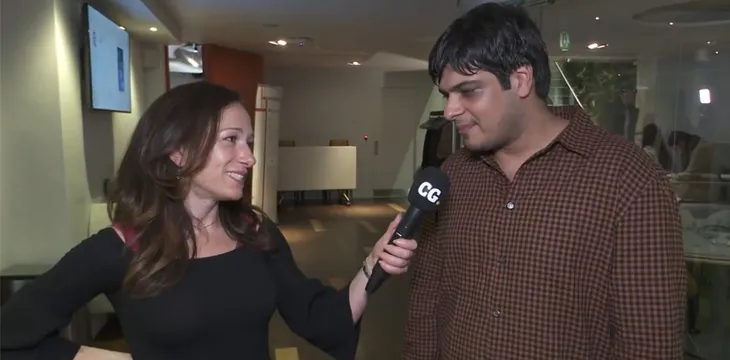|
Getting your Trinity Audio player ready...
|
CoinGeek’s Becky Liggero spoke with Mohit Lalvani, who launched India’s first cryptocurrency wallet—QuikWallet—in 2012, about his dealings as a blockchain pioneer with government regulators in the country.
With increased pressure from the Reserve Bank of India against cryptocurrency businesses, LivQuik CEO Mohit Lalvani sees the problem as primarily one of education. Due to generational differences, those heading traditional agencies tend to be incompetent when it comes to newer technologies and their applications. And education, as Lalvani points out, “is very important for the whole world.”
The RBI has prohibited banks from dealing with entities that engage in cryptocurrencies, fearing digital currencies being used for illegal activities. Although challenged in court, the RBI order remains in force.
Not to say that the cryptocurrency industry has no supporters. In July, the Law Commission of India released a report looking at blockchain as applied to regulated gambling and sports betting. The commission looks at cryptocurrencies as one of numerous methods of payment, along with more traditional products such as credit and debit cards.
What could be done to reach regulators who seem fixed in their way of thinking? When posed this question, Lalvani said, “We need lots of conferences, get-togethers with regulators. Regulators need to start participating in the conferences that we participate in today, so that they start understanding how things work. We need to work together rather than them playing bad cop.”
However things progress, Lalvani and his fellow Indian entrepreneurs will keep fighting. He said a similar clampdown occurred in Chile, and this was opposed.
Last April, the Chilean anti-monopoly court called for a reopening of accounts of two cryptocurrency exchanges in the country, which had been suspended by several local banks. The decision was affirmed by an appeals court last month.
“You can’t just ban us outright. Put up regulations in place,” Lalvani said.
In the end, it’s about keeping doors open between governments and the private sector. “We all need to work together. That’s very important,” he said.
If you’re interested in helping the growth of merchant adoption of Bitcoin BCH, join the bComm Association, an industry group that intends to be the focal point for miners, merchants, exchanges, developers and members of the BCH community. Developers and merchants of the Bitcoin BCH community will also be on hand for the first CoinGeek Week happening in London in November. Members of bComm Association can avail CoinGeek Week tickets at discounted prices. To purchase tickets or learn more about CoinGeek Week Conference, visit the official website here.

 08-31-2025
08-31-2025 





